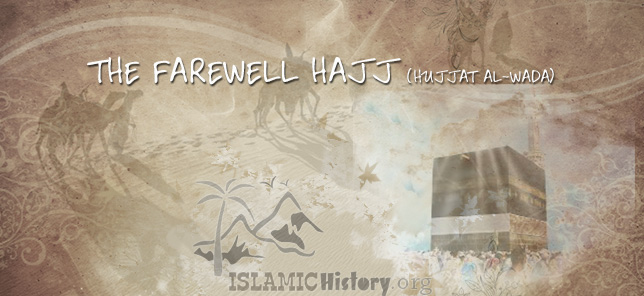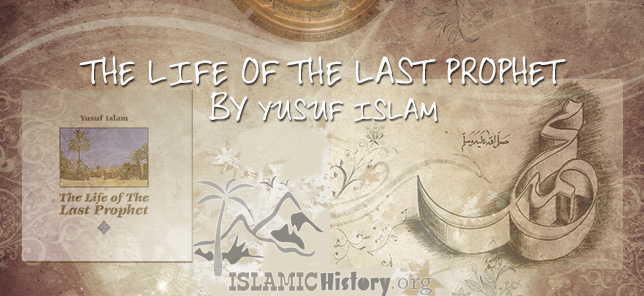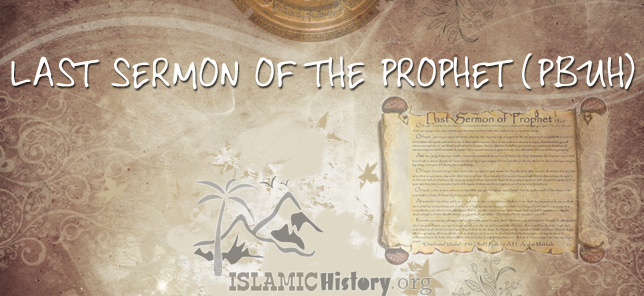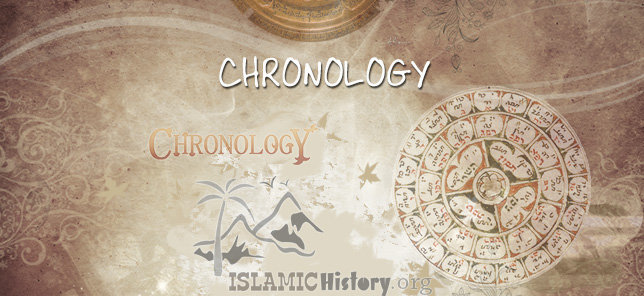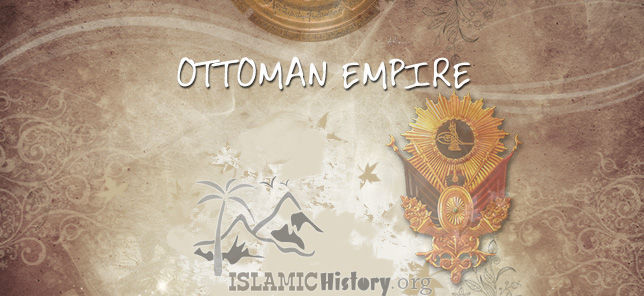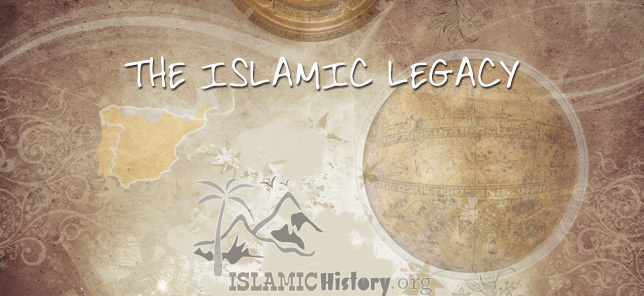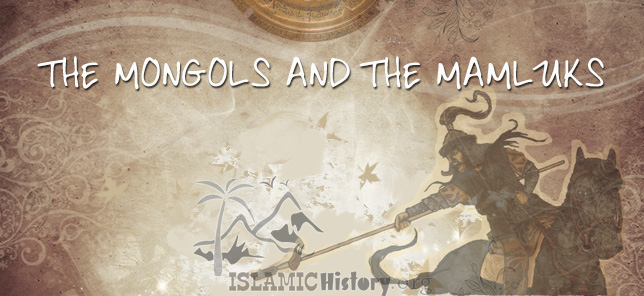The Farewell Pilgrimage (Hujjat al-wada) was the last and only Hajj pilgrimage of Prophet Muhammad [saw], in 632 CE (10 AH).Prophet Muhammad [saw] met with Archangel Gabriel every Ramadan and read the verses which had been revealed up until then. In the month of Ramadan during the 10th year after the emigration (631), Gabriel said that they would read the Holy Quran twice. The Prophet understood this to mean that his life was coming to an end,...
The Life Of The Last Prophet by Yusuf Islam English audio. This spoken-word recording of “The Life of The Last Prophet [saw] ” is the first official release by Yusuf Islam since his departure from the music business as Cat Artist: Yusuf Islam Release date: 1 April 1995 Label: Mountain of Light Genre: Spoken word Released in 1995, the album is a spoken-word, audio production. Track 01 - Call to Prayer - Adhan...
The Last Sermon of the Prophet Audhu billahe minishaitan Ar-rajim(I seek refuge in Allah from the rejected Satan.) Bismillah Ar-Rahman Ar-Rahim(In the name of Allah, Most Gracious, Most Merciful.) The Prophet Muhammad’s ﷺ Last SermonThis sermon was delivered on the Ninth Day of Dhul Hijjah, 10 A.H. in the ‘Uranah valley of Mount Arafat’ (in Mecca). After praising, and thanking Allah the Prophet...
History organised according to the dates of the events. [history_timeline] CE – Common Era [After Jesus (peace be upon him)]AH – After Hijrah [of Prophet Muhammad (peace be upon him]6th and 7th Century [CE] = 1st Century Hijrah [AH]8th Century [CE] = 2nd Century Hijrah [AH] Chronology of major events in Islamic history This is a short and incomplete list of major events in Islamic history. 545: Birth of Abdullah, the Holy...
During the second Mongol invasion, Tamerlane had met and very nearly annihilated another rising power: the Ottomans. Under a minor chieftain named Othman, groups of Turkish-speaking peoples in Anatolia were united in the Ottoman confederation which, by the second half of the fourteenth century, had conquered much of present-day Greece and Turkey and was threatening Constantinople. The Ottoman state was born on the frontier between Islam and the...
The foundation of this legacy was the astonishing achievements of Muslim scholars, scientists, craftsmen, and traders during the few hundred years or so that are called the Golden Age. During this period, from 750 to 950, the territory of the Muslim Empire encompassed present-day Iran, Syria, Iraq, Egypt, Palestine, North Africa, Spain, and parts of Turkey and drew to Baghdad peoples of all those lands in an unparalleled...
In the thirteenth century still another threat to the Muslim world appeared in the land beyond the Oxus: the Mongols. Led by Genghis Khan, a confederation of nomadic tribes which had already conquered China now attacked the Muslims. In 1220 they took Samarkand and Bukhara. By mid-century they had taken Russia, Central Europe, northern Iran, and the Caucuses, and in 1258, under Hulagu Khan, they invaded Baghdad and put an end to the remnants of...

